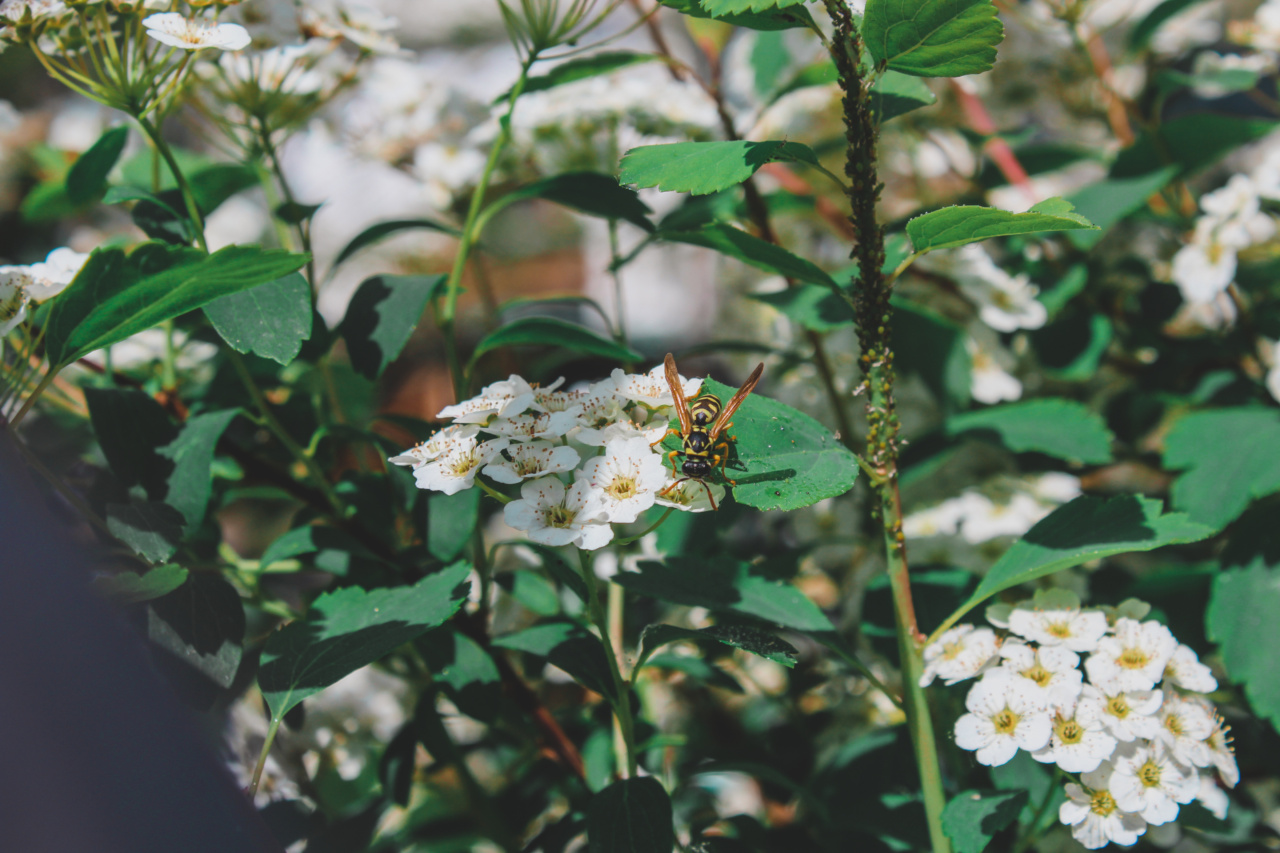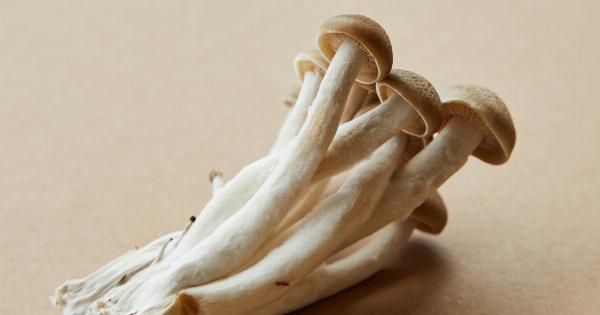Herbal antibiotics have been used for centuries to treat various ailments and promote overall health.
Unlike conventional antibiotics, which are often associated with side effects and the development of antibiotic resistance, herbal antibiotics offer a more natural and often safer alternative.
1. Garlic
Garlic is a potent herbal antibiotic with broad-spectrum antimicrobial properties. It contains a compound called allicin, which has been shown to have powerful antibacterial, antiviral, and antifungal effects.
Garlic can be used to treat various common ailments, including respiratory infections, digestive issues, and skin infections.
2. Echinacea
Echinacea is a popular herb known for its immune-boosting properties. It stimulates the production of white blood cells, which are essential for fighting off infections.
Echinacea can be used as a herbal antibiotic to treat respiratory infections, colds, flu, and urinary tract infections.
3. Goldenseal
Goldenseal is known for its powerful antimicrobial properties. It contains a compound called berberine, which has been shown to have broad-spectrum antimicrobial effects against bacteria, viruses, and fungi.
Goldenseal can be used to treat various common ailments, including sinus infections, urinary tract infections, and digestive issues.
4. Oregano Oil
Oregano oil is a potent herbal antibiotic that contains compounds such as carvacrol and thymol, which have strong antimicrobial properties.
Oregano oil can be used to treat various infections, including respiratory infections, digestive infections, and skin infections. It is important to dilute oregano oil before use, as it can be quite potent.
5. Ginger
Ginger is not only a popular spice but also a powerful herbal antibiotic. It contains gingerol, which has been shown to have antibacterial and antiviral properties.
Ginger can be used to boost the immune system and treat respiratory infections, digestive issues, and nausea.
6. Turmeric
Turmeric is a bright yellow spice widely used in cooking and traditional medicine. It contains a compound called curcumin, which exhibits potent antimicrobial activity.
Turmeric can be used as a herbal antibiotic to treat various common ailments, including respiratory infections, digestive issues, and skin infections.
7. Thyme
Thyme is a fragrant herb that is rich in thymol, a compound known for its antimicrobial properties. Thyme can be used as a herbal antibiotic to treat respiratory infections, digestive issues, and skin infections.
It can be consumed as a tea or used topically in the form of essential oil.
8. Calendula
Calendula, also known as marigold, is a herbal antibiotic that has been used for centuries to treat skin infections and promote wound healing. It has antimicrobial, anti-inflammatory, and antifungal properties.
Calendula can be applied topically as a cream, ointment, or infused oil.
9. Andrographis
Andrographis is a traditional herb used in Ayurvedic medicine as a herbal antibiotic. It contains compounds called andrographolides, which have been shown to have antimicrobial effects against bacteria, viruses, and parasites.
Andrographis can be used to treat respiratory infections, digestive issues, and urinary tract infections.
10. Olive Leaf Extract
Olive leaf extract is derived from the leaves of the olive tree and contains a compound called oleuropein, which exhibits strong antimicrobial properties.
Olive leaf extract can be used as a herbal antibiotic to treat various infections, including respiratory infections, digestive infections, and skin infections.































